Sometimes – especially on social media – I encounter members of the public all saying the same thing at the same time. Sometimes they’ll be saying with absolute confidence that Chris Watts is a monster, then it’s that he’s a narcissist, then a sociopath.
Typically this follows a Dr. Phil Show, a documentary, or when some expert appears on HLN. If everyone is saying the same thing, and thinking the same thing, and repeating the same thing, it’s no wonder the mainstream never figures out so many of these cases.
Can anyone say why this crime happened? Can anyone reconcile the evidence to the psychology to the family dynamics, forwards and backwards, cross-ways, making sure everything lines up?
Because the sociopathic, monster and narcissism labels only fit the crime itself. What about the rest?
While in the clip below Townsend is broadly correct, there are clear sociopathic traits in the aftermath of this crime, were they present before? If Watts was a despicable, heartless narcissist, why did everyone like him up until the moment of the crime? And if he’s a sociopath with no remorse, why did he start acting cold to Shan’ann and the kids. Why did they pick up on him being distant and standoffish?
How can you become cold and distant if you weren’t warm and affectionate to begin with? So a more complete picture is that as Watts became more ensconced in an affair, he began to act less affectionate. But that’s not sociopathy, that’s normal!
Now I want to briefly illustrate why this kind of labeling is simplistic and reductionist, and how it actually prevents us from figuring out cases like this, rather than helping us.
Before we get to that, watch this clip.
So in the clip Townsend plucks the low-hanging fruit and on the face of it it seems pretty straightforward.
Watts just wanted out of his marriage, he wanted to be single, and he just saw his family as things he wanted to get rid of…
But under that face, under the sur-face – which is why we talk of the TWO FACE-dness of Chris Watts – it’s not nearly so simple. He didn’t just want to be single, he wanted to be with Kessinger. He didn’t want to be on his own because he spent every night – when his family was away – with Kessinger.

So the narrative you’re getting from these experts, and these episodes, is derived from the truth, but how much time have these experts really spent studying the case? Is it the only case on their desk, or is it one of many, and is this one of many appearances on one of many shows?
The notion that Watts just saw his family as things he wanted to get rid of is a tempting thought. It makes absolute sense retrospectively, but as soon as we park the wheelbarrow beside the retrospective aspect of true crime, all there is to excavate is the dirt from the crime scene and the aftermath. Believe it or not there is another side – another face – to this story, it’s the long backstory and run up that leads to the crime itself. How long was this phase? Moments? Seconds? Minutes? Months? Or a lifetime in the making?
Chris Watts didn’t treat his wife or his kids, or anyone, as things, prior to the murders. So does the crime make him a sociopath retrospectively, or was he always one, he was simply hiding it?
And it’s because we’re hitching the wagon to a pair of horses named Sociopath and Saw his family as Things, that we’re prevented from seeing how this crime actually played out. Because in reality, Watts didn’t see his family as things, he loved them, and then he didn’t love them, and then yes he did want to get rid of them. The story is that he did so violently and heartlessly. The position of TCRS is that the murders of the children weren’t violent, and even Shan’ann’s murder – though more violent and physical – isn’t the way it’s been portrayed.
I know what you’re thinking. How do you commit a murder without aggression, without violence? But there are ways. We see it in true crime all the time. And if we weren’t focused on labels and making things so simple, we might see how things are more subtle.







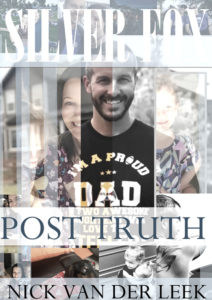
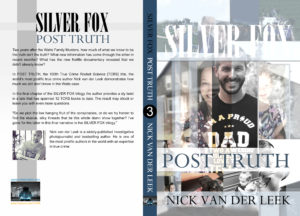
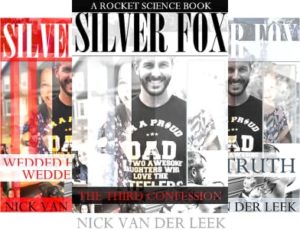




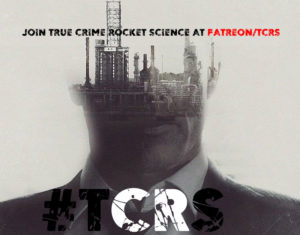

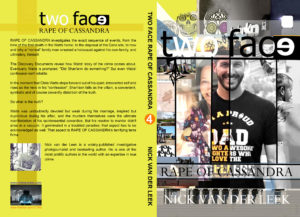
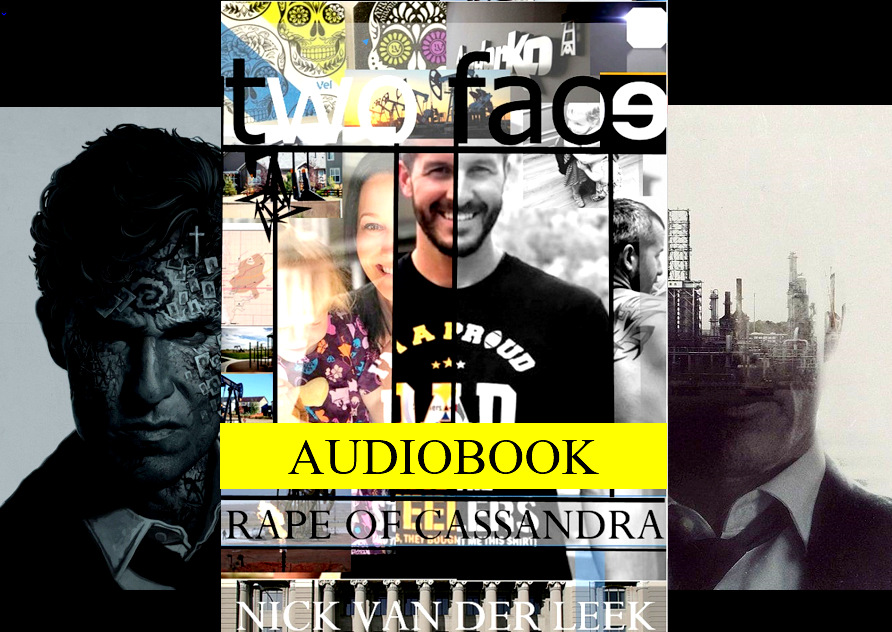
Recent Comments